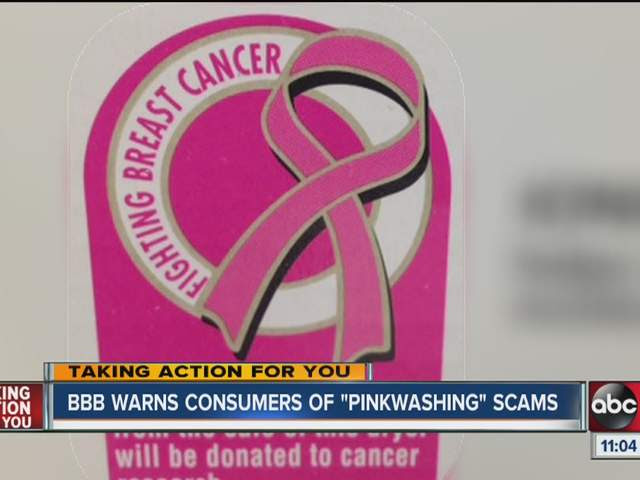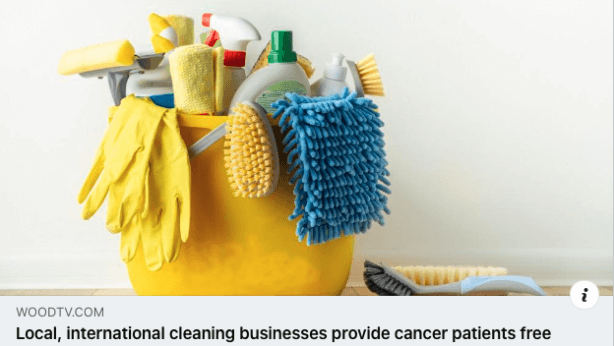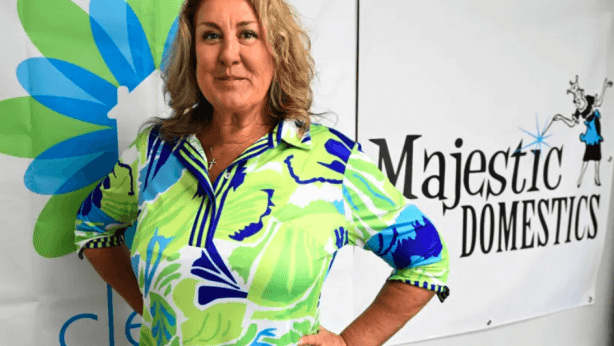
How To Avoid Pinkwashing and Charity Scams During Pinktober
October marks the month that’s annually designated as Breast Cancer Awareness Month. We’ve come to call it Pinktober. As many different organizations aim to promote support for breast cancer research and prevention efforts, the color pink will continue to crop up in unexpected places. T-shirts, jewelry, cosmetics and even some kitchen appliances get a rosy makeover this time of year.
While these month-long disease awareness campaigns are intended to help elevate support among the general public while also increasing donations to the various charities that fund research or aspects of patient care, some unscrupulous characters prey on people’s fears to generate income for themselves. The Better Business Bureau reports that it “has found pink products ranging from lint rollers to teddy bears.” Such products often carry a “shop for the cure” label or other marketing imagery or language that leads consumers to believe that by buying the product, they’re helping cure breast cancer.
“Nothing makes me more mad than to see scammers trying to profit from Pinktober,” says Debbie Sardone, the founder of the cancer nonprofit Cleaning for a Reason. “Consumers really need to do their homework. Just because a product is pink or there’s a pink ribbon on a website, it doesn’t mean the money is going to the right place.”
The problem isn’t necessarily with the products themselves: The issue is what happens after the consumer buys them. Although many products clearly denote “the amount they contribute to charities on the packaging … other products make only vague claims, or they require consumers to mail in proof of their purchase before donations can be made,” the BBB reports.
Sandra Miniutti, vice president of marketing for Charity Navigator, a nonprofit that evaluates and rates charities and nonprofit organizations, says in a video posted on its website that “you might be surprised that much less will go to charity when you ‘shop for the cure’ as opposed to donating directly to a respected breast cancer organization.”
This is a problem that’s grown in recent years as the commercialization of disease awareness has increased. Dr. Sagar Sardesai, assistant professor of medicine at the Stephanie Spielman Comprehensive Breast Cancer at the Wexner Medical Center of Ohio State University, says, “I think [raising awareness of breast cancer] started out with a very good intention,” but in some situations, the push towards ever more “cause marketing” means that money can end up somewhere consumers don’t expect it to or supporting outright scams.
To donate safely to Cleaning For A Reason CLICK HERE!
BBB warns consumers of “pinkwashing” during National Breast Cancer Awareness month





